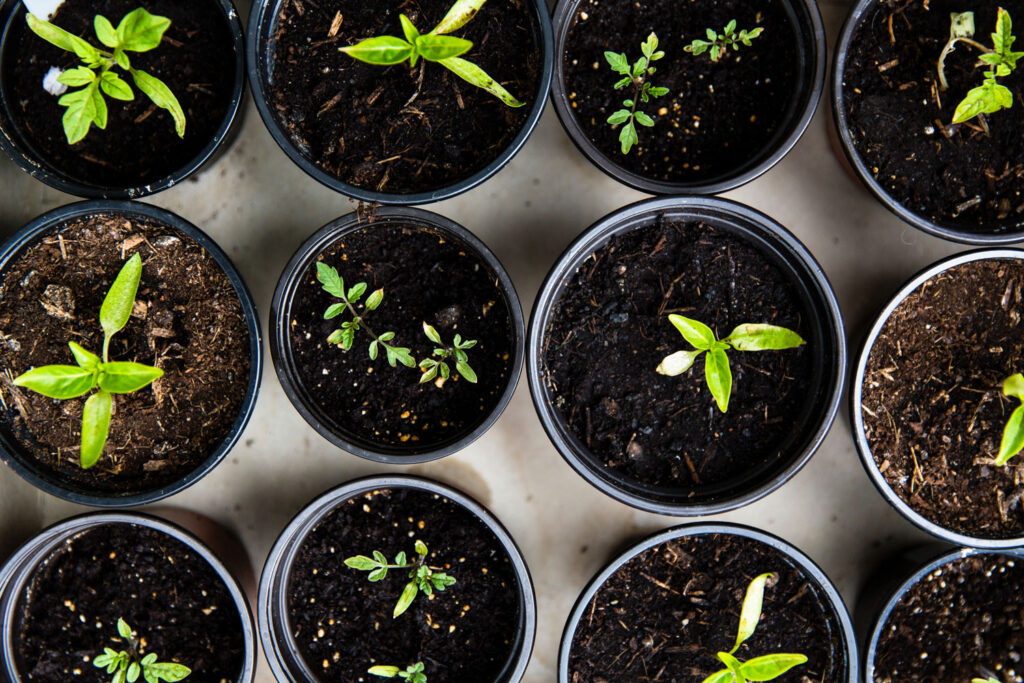Seasonal Influenza is a respiratory illness that is due to seasonal influenza viruses meaning that it comes with the particular viruses for a specific period of the year.
Africa's Hidden Health Threat: Unmasking Seasonal Influenza.
As the world looks on in disbelief while COVID19 pandemic halts the globe, there is another killer that has silently crept into Africa unnoticed. Influenza that is easily preventable and predictable annually causes the death of people across the globe, puts pressure on health care systems, and brings grief to families. Here I quote what Dr. Matshidiso Moeti WHO Regional Director for Africa has to say on influenza which is a constant threat to the lives of people in Africa and we cannot afford to lose more of them.
Causes of the Crisis
These are due to poor vaccination coverage, fragile health-care systems, and limited testing capacity that put the country at high risk of seasonal flu. It is the fact that as Dr. Chikwe Ihekweazu, Director-General of the Nigeria Centre for Disease Control rightly pointed out, “Africa’s healthcare systems are often not prepared to cope with the upsurge in cases during the season allied with influenza.” Moreover, growing urbanisation, climate change and antimicrobial resistance also contribute to the problem in Africa.
Did you know that influenza can spread quickly through coughing and sneezing?
Fortunately, the disease can be prevented through vaccination and this has always acted as a advantage. But even if you do, get flu, signs such as fever, cough, sore throat, body aches, and fatigue are sure to leave you uncomfortable. While the symptoms are mild and can be treated at home after about a week, there are those that require the attention of a doctor and this includes;
Strikingly, there are four classifications of the influenza virus that includes A, B, C and D; however, the Influenza A and B are the most recurrent viruses that cause epidemics during a particular season. This means that if we continue to research more about flu and try to minimize its spread in our communities, then we will be able to ensure the same is healthy and productive as we want it to be.
Although people are aware of seasonal influenza epidemics in developed countries, where most of the flu mortality rate is registered for people older than sixty-five, information about the extent of this problem in the developing world remains scarce. Worryingly, this study finds that ninety-nine percent of pediatric flu-associated LRI is in developing countries, where health care is possibly compromised.
It is rather sad that influenza is non-age selective but there are certain categories of people who are vulnerable.
These high-risk groups include:
- Older adults (65+)
- Young children (under five)
- Cohosts with co-morbidity
- Cancer patients, elderly people, AIDS patients and people with chronic illnesses.
Let's hear from what others had to tell
Oral/ Narcative account of Influenza recovery during different seasons.
Charles McWilliams aged 25 , Public Health Intern at Likuni Mission Hospital , Malawi
“I suffered severe exhaustion that can be caused by influenza and this made it difficult for me to get back to normalcy upon my recovery.
Rehydration and rest were necessary for my recovery although I failed to gets the vaccine as I was not informed that one existed.”
Advice to others
"Stay hydrated, get enough rest, and visit the doctor if symptoms worsen. Influenza can be debilitating, but proper care can aid recovery."
Common themes for other victims:
Prolonged severe tiredness being the result of either physical or mental effort
That is why rehydration and rest should be considered as two of the main priorities in managing PMS.
This is a situation that people do not seek any information concerning the influenza vaccines.
Similarly, there are also similar difficulties associated with resumed normalcy activities.
The questionnaire was administered by Melvin Semu who is a public health reporter who studied at Malawi University of Business and Applied Science. For the research assistance we had Charles McWilliams working as a public health intern to Likuni mission hospital in Malawi.
As per WHO Global Health Estimates 2023, influenza leads to about 290 000 – 650 000 deaths annually on a global level of respiratory infections.
Consequences of Inaction
Such sicknesses consume the available resources and lead to increased poverty levels and retarded economic growth through deaths caused by flu. The effects are seen on societies as individuals deal with loss and rising costs incurred in the health sector. It is estimated that crude influenza incidence rate across Africa ranges between 15 to 40 percent of the overall population and as the Africa Centres for Disease Control and Prevention’s director, Dr. John Nkengasong pointed out, “The economic impact of the disease is very high, and therefore preventive and control measures should always be enhanced."
A Call to Action
We feel that donors and the world’s other health authorities should be made aware of the threat posed by the regular flu in Africa. To combat this epidemic, we recommend:To combat this epidemic, we recommend:
1. Expanding the resources available for vaccination and for further developing health structures
2. The executors of this approach noted that increasing surveillance and data collection could help to achieve the above objectives..
3. Supporting public awareness campaigns
4. Enhancing the regional and National Response
Treatment and Prevention
There are vaccines for it and antiviral drugs but these are not so easily available. That is why the measures increasing the healthcare’s coverage and immunization in particular can help to minimize the effects. The mass public can be educated on activities that are likely to prevent occurrence such as washing of hands and proper coughing etiquette.
Influenza that occur s in specific season is an important public health problem in the African region, burden and mortality rate being high. In this paper, a narrative approach to understanding the effects of influenza has been demonstrated, considering the tales of several people as well as opinions of specialists. However there is improvement in the vaccination rate, more should be done to ensure that awareness about the vaccination and the vaccines are increased.
She Lives – There is more to know and more to do. Both goodwill to conquer periodic flu in Africa and the principle to change the status for a better one need cooperation.
It’s time to act and get informed in order to prevent and control the spread of the seasonal influenza in Africa.






